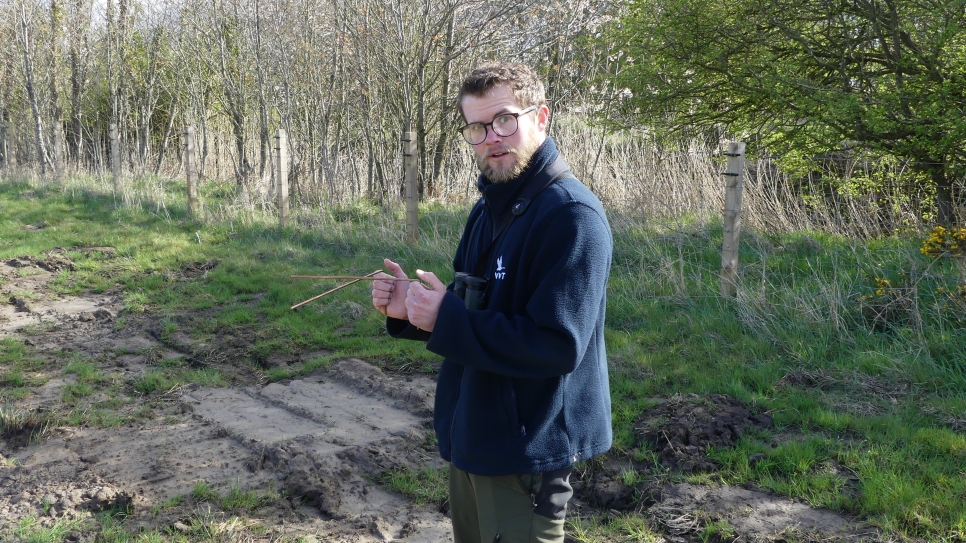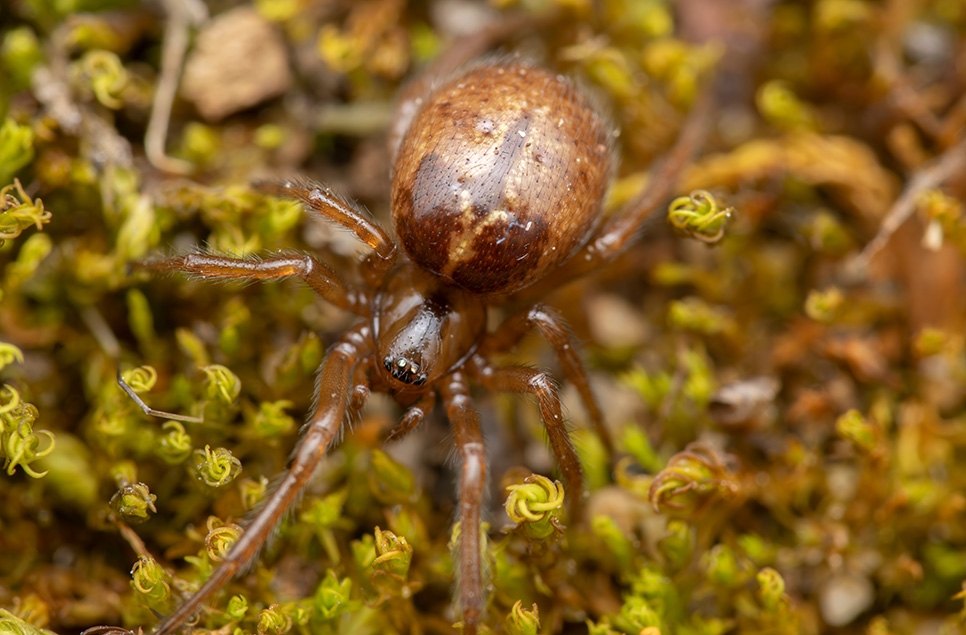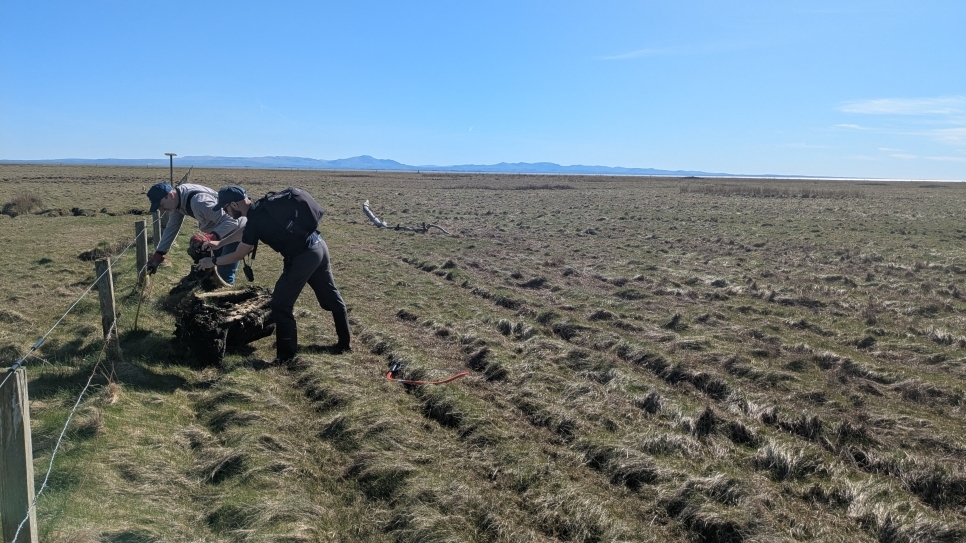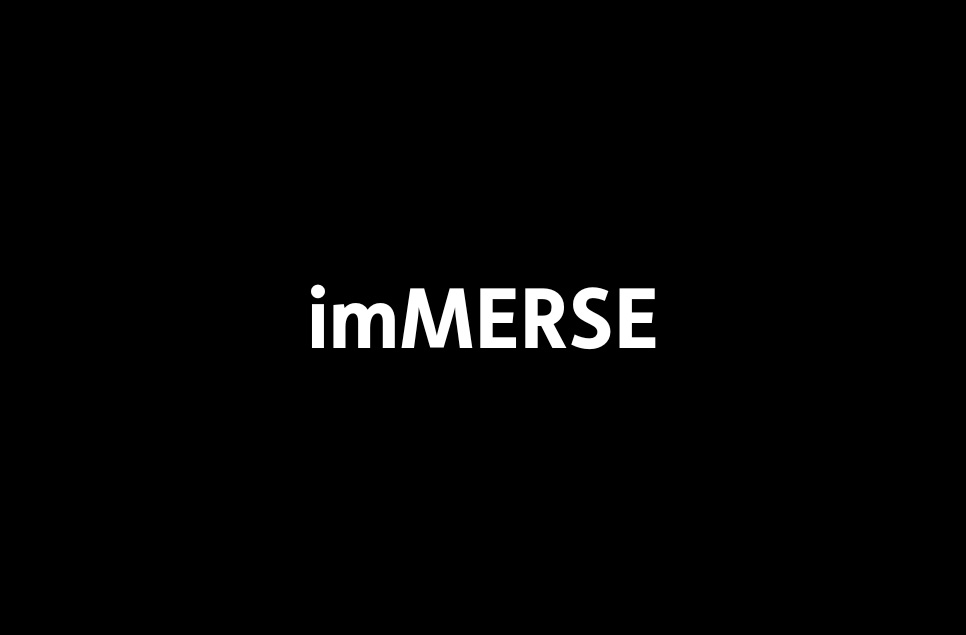Swans sacrifice rest to squabble
Swans give up resting time to fight over the best feeding spots, new research by the Wildfowl & Wetlands Trust (WWT) and the University of Exeter shows.
Scientists studied the behaviour of mute and whooper swans via a live-streaming webcam at WWT Caerlaverock to see how they used their time and energy. Watching four key behaviours – aggression, foraging, maintenance (preening, cleaning and oiling feathers) and resting – they found a "trade-off" between aggression and rest, meaning that "increased aggression is achieved at the expense of resting".
The study could help managers of nature reserves design habitats that reduce the need for aggression.
"These swans use aggression if there's competition over foraging areas," said Dr Paul Rose, from WWT and the University of Exeter.
"Our findings show this this requires a trade-off, and that both species reduce resting time to allow for this aggression. This was the strongest trade-off we found, but there was also a trade-off for both species between foraging and resting.
"However, there was no apparent trade-off between some behaviours, such as aggression and foraging, and aggression and maintenance."
Whooper swans are migratory, and those observed in the study spend their winters at Caerlaverock.
Mute swans live there all year round, and Dr Rose said this means they can be more "flexible" in their behaviour because they don't share the whooper swans' urgent need to store fat ahead of migration.
"By providing enough foraging spots for the birds, we can reduce the need for aggression around desirable feeding spots, giving them more time to rest," Dr Rose said.
"This can help to ensure that migratory species don’t 'push out' non-migratory species when they mix in the same wintering locations.
"Our study also demonstrates how remotely collected data can be used to investigate fundamental questions in behavioural research."
Dr Kevin Wood, of WWT, said: "At WWT we get lots of questions from our visitors about the aggressiveness of swans.
"This new study helps us to understand how swans' behaviour changes when they engage in their disputes."
The paper, published in the journal PLOS ONE, is entitled: "Assessing trade-offs in avian behaviour using remotely collected data from a webcam."



